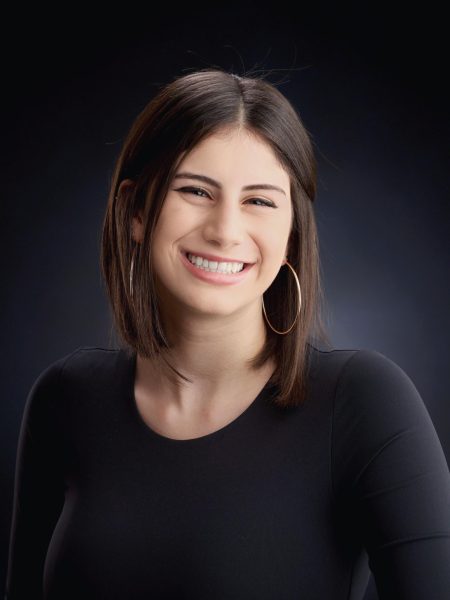For many Upper School students, Project Week is full of memorable experiences. It’s an opportunity to bond with classmates, meet new people, see new things, and most importantly, have fun in a way typical school just doesn’t permit. But few students know what it looks like behind the scenes of Project Week.
Beginning with the positives, Project Week provides students with opportunities to travel to places they may not be able to visit or have experiences they might not do outside of school. It allows students to learn in some of the most exotic and incredible environments across the nation, world, and greater Chicago area. Impressive trips to New Zealand, Portugal, and Germany remind us of the limitless possibilities at our fingertips.
And with 513 Upper School students, logistics can be a handful. Lots of thought goes into every aspect of trip planning, starting with the algorithm that sorts students into their trips. Upper School math teacher and Project Week Coordinator Ed Mahoney said, “What we track is the placement of the project that you requested. So, through randomness, we assign students essentially a lottery ticket for the projects.”
In theory, it’s a fair system. But that means that some students may not get trips that are high on their list as a freshman or sophomore. “Students that have been placed in projects that [were] far down their list get some natural advantage in their placement,” Mr. Mahoney said.
Seniority has only a small, indirect effect on placement. The system looks for students who have had less favorable choices in the past, and it gives them priority in getting trips high on their lists. While not an unfair system, it has inherent biases. Students who have been in the system longer may be more likely to have accrued trips lower on their lists in the past. Therefore, they receive (on average) slightly more (or less) bias from the sorting algorithm than younger students.
The school aims to avoid too heavy a bias toward upperclassmen, because diversity of class years is viewed as a positive for the dynamic within a project. Upper School Spanish teacher and Project Week Coordinator Xavier Espejo-Vadillo said, “You see a different kind of interaction with people [so] that you feel like there’s growth in terms of maturity quite a lot,” when there’s a better balance of ages.
Having an even distribution of grade levels is a contributing factor to the social growth of all students, encouraging students to assume leadership roles and help guide others. Everybody learns something from everybody in these experiences, and they can bring out leadership skills in anyone, no matter the age.
Even if seniority is factored in simply by odds, at the end of the day everyone’s fate is at the hands of the same algorithm. So what would make the selection process better? How about more out-of-town or popular-sounding trips? Well, they’re harder to come by than you think.
“It’s worth recognizing that [teachers] are making the choice [to lead out-of-town trips] without additional compensation,” Mr. Mahoney said. “[They] are leaving their families, leaving everything to travel with students out of the kindness and generosity of their own heart, not because of the school.”
Latin’s P-Week system doesn’t factor in any incentives for teachers to lead out-of-town trips, and more stress is involved with leading trips abroad than locally. It’s too often forgotten that teachers dedicate so much of their time and energy to school beyond the bare minimum, and out-of-town trips really highlight everything the staff do for the school.
But for some teachers, those impetuses just aren’t enough. There’s plenty of responsibility that goes along with leading students abroad. It takes lots of work to plan a trip to perfection accounting for all possibilities, yet still remaining flexible if situations change. Beyond that, it’s even more work to actually run a trip, constantly making decisions and reacting with agility.
Prior to the departure to Germany, Band Director Cynthia Gradek sent an email to all participating students and families that said, “Many people would like to shut this [exchange] down because of the risks we take in being responsible for all of you. We need to not give them a reason to do so.”
While this note was meant for an abroad trip, it’s a good lesson to keep in mind no matter the project. There’s a responsibility as students to represent this school in the best way possible, and doing so may increase chances of more adventurous trips that require more maturity to be successful.
The constant attention it takes to be part of trips like these isn’t always offset by the hypothetical experiences, so most students don’t get some of the distinctive learning moments that come with navigating foreign cultures, interacting with classmates constantly, and ultimately just learning about everything from themselves to the world around them.
P-Week is something unique to Latin and an experience to be thankful for and celebrate. It provides incredible opportunities to learn, explore, and connect with the world around us; it integrates fun into learning in a way very few high schoolers will ever get to experience.
So, while there may be some faults in the P-Week system itself, the amazing projects outweigh the faulty system. And always remember: Our teachers make all of this possible.









































